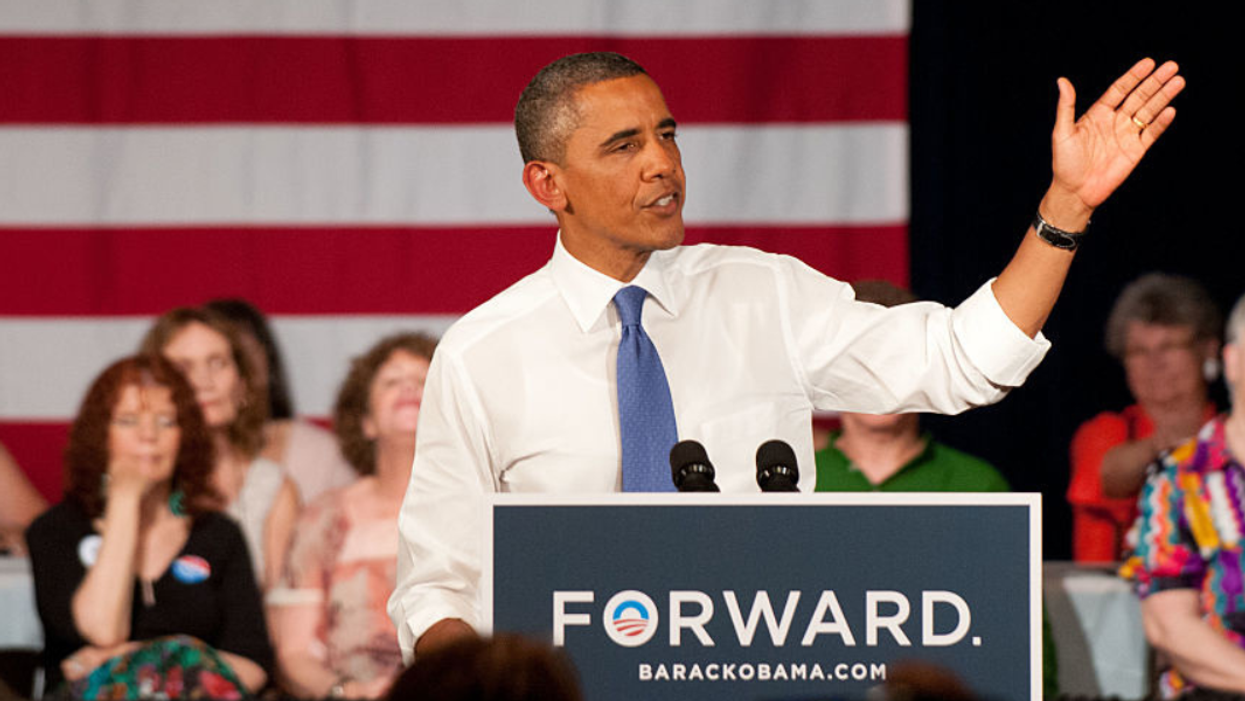Kevin Frazier will join the Crump College of Law at St. Thomas University as an Assistant Professor starting this Fall. He currently is a clerk on the Montana Supreme Court.
Every election turns on promises. Candidates pledge to make progress on every issue that might mobilize a community to turn out and support them. But promises to many amount to a lie to all. Beware kitchen sink democracy.
At a time of gridlock and hyperpartisanship, candidates for any office must acknowledge the need to prioritize certain issues over others--to do otherwise is to mislead voters.
Our democracy has lost its ability to prioritize issues. Elected representatives--sent aflutter by tweets and forced to turn upon TikToks--feel compelled to put out every spark even when fires threaten much greater danger.
Voters, too, bear some responsibility for expecting officials to answer to the whims of their latest social media post, rather than focusing on issues of a much larger magnitude. The reality is that finite time, political will, and financial resources have a mismatch between our capacity to solve issues and the full list of issues that require our attention.
Cause prioritization imposes political costs on those brave enough to admit that some issues require more attention and resources than others. President Barack Obama’s push for the Affordable Care Act demonstrates this fact. He picked a major cause at the cost of forgoing the political points scored by pretending everything is possible. And, those costs were substantial--arguably it cost him and his party the House. However, the gains appear to have been greater.
President Obama’s willingness to engage in cause prioritization paid off in big ways. The percentage of uninsured Americans dipped to historic lows. The number of Americans with improved access to care and greater use of health services soared. And, researchers noted a reduction in deaths from cardiovascular-related causes and end-stage renal disease. Of course, whether the ACA achieved some of its larger goals--such as improving the quality of health care and reducing its costs over the long-term--remain unclear. Still, as summarized by the Commonwealth Fund, "[t]he ACA has reduced the percentage of uninsured Americans to historically low levels, but its future remains uncertain."
These gains would never have been realized if President Obama lacked such courage. Instead, his administration likely would have shifted its political weight from issue to issue and failed to make any substantive progress. President Obama chose the harder path and, at least for a while, his party followed him. This goes to show that when leaders clearly and unequivocally identify their priorities, others will follow.
Whether President Obama correctly prioritized health care reform remains the subject of debate. And, that’s precisely why the issues a candidate intends to prioritize ought to be discussed in detail and well before they run for office. The stakes are too high to postpone this discussion even a day into an official’s term.
In the absence of any formal mechanism to ensure candidates identify and share their priorities, an informal process of prioritization must emerge. Several stakeholders can contribute to that process--the media can orient their coverage around what a candidate has identified as their priority; interest groups can coordinate to pressure candidates to outline their priorities and monitor whether a candidate loses focus on those priorities; and, voters can use social media, town halls, and other interactions with candidates to ask for clear statements of their priorities.
“Average” Americans are forced to prioritize on a daily basis--which bills to pay, which investments to make, how to allocate their time, etc. Anyone who failed to recognize the financial, temporal, and emotional constraints on their day-to-day decisions would inevitably have fewer and fewer good options available to them. In other words, a failure to prioritize issues today, leads to more issues tomorrow.
America as a political community must improve its ability to make difficult decisions that require short-term sacrifice for long-term gains. The unfortunate reality is that our capacity to solve problems is constrained. Candidates who ignore this reality, parties that permit them to do so, and voters who likewise embrace the fiction of having every promise fulfilled are all behaving irresponsibly.
The impending election provides the perfect opportunity to introduce cause prioritization into our political discourse. Candidates will likely avoid having to identify the one or two issues they will prioritize for as long as possible. That’s where the rest of us come in--those of us committed to providing future Americans with more and better options must direct our collective focus to address the most pressing problems sooner than later.
Politics is the art of the possible; what we have today is garbage--tossing resources aside because we cannot agree on how to use them. Let’s expect more from our officials and from one another.





















